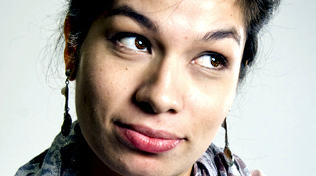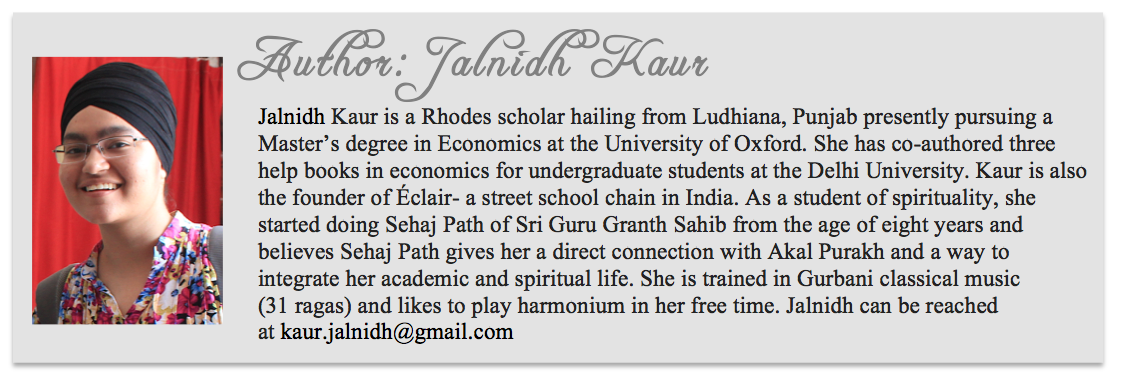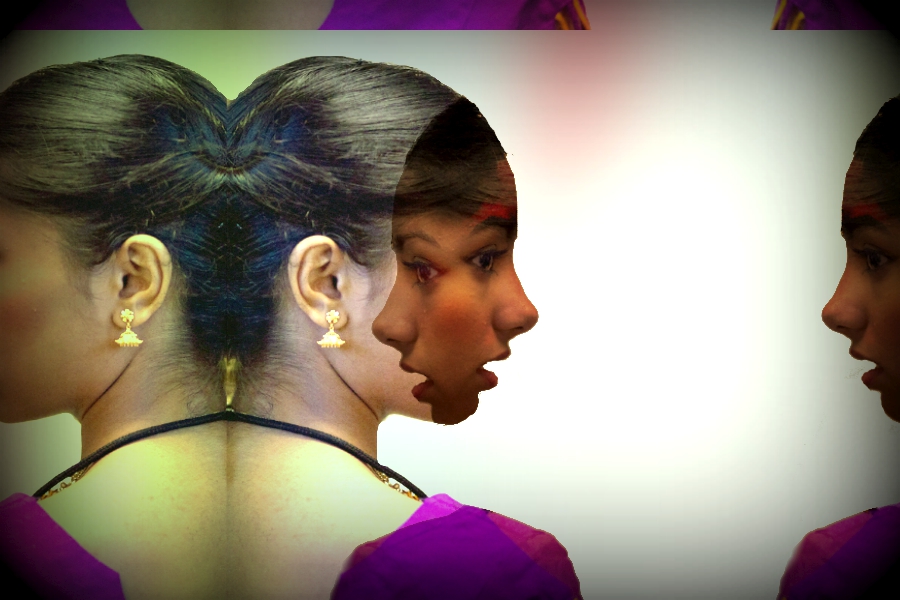by Jalnidh Kaur
One issue that has remained quite close to my heart recently is this – What exactly does it mean to be “judgmental”?
Holding an opinion about somebody – is that judgmental?
Logically concluding something from someone’s behavior or their interactions – is that judgmental?
At the end of the day, all of us hold opinions. Each one of us has our own worldview based on our experiences of growing up and living among people who we have spent our maximum time with. Thus each individual with their unique set of experiences and goals, is unique. Each one of us has a sense of where we are at the present and what is an ideal place or position to be. Keeping these benchmarks, we evaluate the world around us, every moment, every second.
I am reminded of a term called “anchoring effect” used by behavioral economists and psychologists. The effect connotes a common human tendency to overly rely on one piece of information (or anchor) when making decisions. So once an anchor is set, all other judgments are made by adjusting around that anchor. To quote Harvard’s Program on Negotiation – “The initial price offered for a used car sets the standard for the rest of the negotiations, so that prices lower than the initial price seem more reasonable even if they are still higher than what the car is really worth.”
This is cognitive bias that even the most rational minds end up committing. Anyways, it turns out we can’t do much about it apart from trying our best to guard ourselves all the time.
I think anchoring is what goes in the background, whilst all our minds judgments are made.
Let me distinguish, at the outset between judgments which are logical and those which are fallacious. It is perfectly true that someone who makes a statement like “Any male with a flowing beard is a terrorist,” is committing a logical fallacy – that of hasty generalization. Especially within the Sikh community, a lot of judgments like these are routinely held and passed. All “keskiwale” are thought of as being “orthodox and dogmatic”, while all those who have violated the Sikh code of conduct are seen as being of low moral character. All such judgments are fallacious since personal traits may differ across individual – some “keskiwale” might be progressive and other “apostates” might be really good samaritans in a different context. My rational mind completely rejects these judgments. In this post, I am considering only those judgments which are free of logical fallacies.
Coming to error-free judgments, one thing I learnt was that one should try to check if one’s judgments are a result of anchoring. The way to do this is to try and put oneself in the shoes of the other person and view the world. If it still feels the same to you, then there is nothing wrong with your ‘judgment’. But if it does feel different, then surely it is time to update your priors.
A beautiful thing that a friend of mine revealed to me one day, has made me wiser, I guess. She took my queries to higher level and gave me a completely new insight on the issue.
Being judgmental is like compromising on one’s objectivity.
According to my friend Naima, since all human beings hold opinions and pass judgments all the times, it is just not human to be perfectly ‘objective’. And so, objectivity can only be Waheguru’s trait.
I think that’s it. Once my mathematics professor said, “There are positive numbers are there are negative numbers and you just have to live with them – there’s no use cribbing over the negatives or over exalting the positives – they are there, one should take them as given”.
But taking people as ‘given’ is always hard and sometimes we feel we can influence changes in others by conveying our different points of view.
What I ended up concluding that day after chatting with Naima was this:
Although I do not know where to draw the line between being and not being judgmental, I know one thing for sure – it is fine to have opinions. But going a step ahead and to start detesting or discriminating against someone on the basis of those opinions is wrong. In short, any judgment that stops you from seeing Waheguru’s light in another person is wrong and misplaced – and in my parlance only such judgments should get a person labeled as ‘judgmental’.
My little understanding has come out of a small set of experiences. I am sure, there is more to learn on this topic. I welcome you to judge me and judge this post and then let me know your comments and opinions.
Eagerly waiting.
Photo by Gabby Flow





